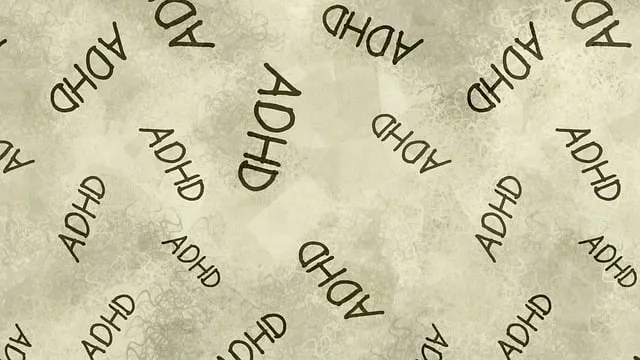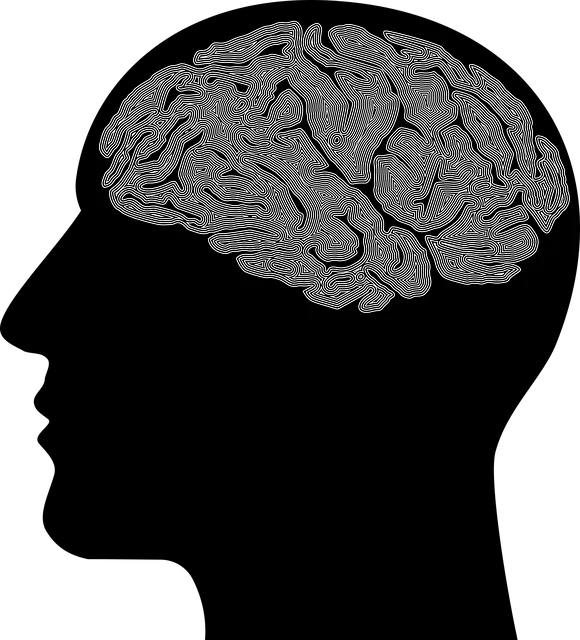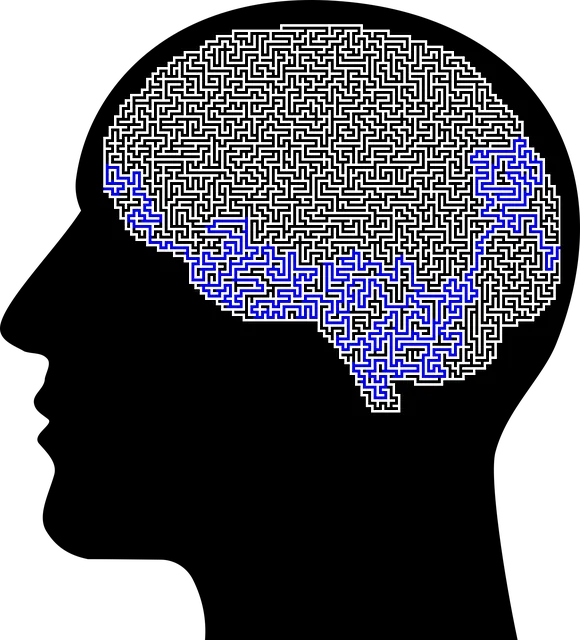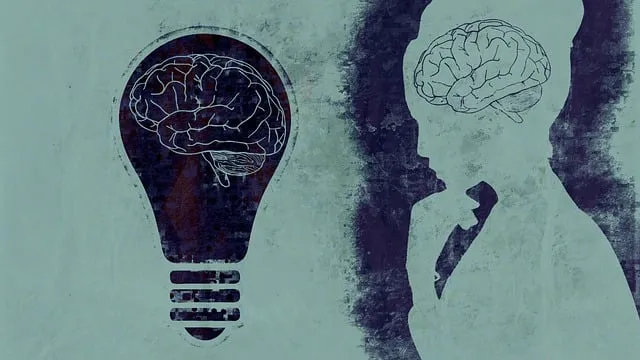Mental health advocacy thrives through community engagement, creating support networks and raising awareness. The Centennial Kaiser mental health classes play a key role by educating individuals about various conditions, dispelling stigma, and empowering help-seeking behaviors. These holistic programs, featuring group discussions, mindfulness exercises, and workshops, foster peer support, break down barriers to care, and normalize mental wellness conversations. Evaluating the success of such initiatives through data-driven assessments ensures tailored classes that meet diverse community needs, ultimately advocating for better mental health outcomes.
Mental health advocacy initiatives are transforming communities worldwide, fostering open dialogue and reducing stigma. This article explores diverse strategies, from community engagement to innovative programs like Centennial Kaiser’s mental health classes, catering to all generations. We delve into effective advocacy tactics and emphasize the importance of measuring impact. By examining successful programs, we can enhance mental health support systems, ensuring better outcomes for individuals across different age groups.
- Understanding Mental Health Advocacy: The Role of Community Engagement
- Centennial Kaiser's Approach: Innovative Mental Health Classes for All Generations
- Strategies for Effective Mental Health Advocacy Initiatives
- Measuring Impact: Evaluating the Success of Mental Health Advocacy Programs
Understanding Mental Health Advocacy: The Role of Community Engagement

Mental health advocacy initiatives thrive through community engagement, fostering a collective effort to raise awareness and promote support for individuals grappling with mental health challenges. This involves education, like the Centennial Kaiser mental health classes, which aim to dispel stigma and provide valuable knowledge about various conditions, from anxiety relief to trauma support services. By empowering people with understanding, these programs enable better recognition of emotional healing processes and encourage help-seeking behaviors within communities.
Community engagement also facilitates peer support and fosters a sense of belonging for those affected by mental health issues. This social network provides a safe space for sharing experiences, offering comfort, and promoting resilience. In turn, this collective action contributes to creating a more inclusive and supportive environment where mental well-being is prioritized, reflecting the broader goal of advocacy initiatives to ensure no one faces mental health struggles in isolation.
Centennial Kaiser's Approach: Innovative Mental Health Classes for All Generations

Centennial Kaiser takes a holistic approach to mental health advocacy by offering innovative Centennial Kaiser mental health classes designed for individuals across all generations. These classes cater to diverse needs, focusing on topics such as stress management and self-esteem improvement, aimed at fostering mental wellness in every age group. By making these resources accessible, Centennial Kaiser breaks down barriers to care, ensuring that everyone has the opportunity to enhance their mental resilience and overall well-being.
The initiative emphasizes interactive and engaging learning experiences tailored to different preferences and lifestyles. Whether through group discussions, mindfulness exercises, or educational workshops, these classes create safe spaces where individuals can openly explore and address their mental health concerns. Through this inclusive approach, Centennial Kaiser aims to normalize conversations around mental wellness, promoting a culture of support and understanding within communities.
Strategies for Effective Mental Health Advocacy Initiatives

Mental health advocacy initiatives require a multi-faceted approach to effectively raise awareness and promote understanding. One key strategy is to organize educational programs such as Centennial Kaiser mental health classes that target both the general public and professionals. These classes can cover a range of topics, from recognizing symptoms of common mental health disorders to learning crisis intervention guidance.
Additionally, incorporating social skills training into advocacy efforts can bridge the gap between knowledge and practical application. By equipping individuals with communication strategies and empathy-building exercises, these initiatives enhance the overall capacity for supportive interactions. Furthermore, integrating Risk Management Planning for Mental Health Professionals ensures that advocates are well-prepared to handle sensitive situations, fostering a safer and more inclusive environment for mental health discussions.
Measuring Impact: Evaluating the Success of Mental Health Advocacy Programs

Evaluating the success of mental health advocacy programs is a crucial step in understanding their impact and refining strategies for improved outcomes. Organizations like Centennial Kaiser have pioneered mental health classes that go beyond awareness, focusing on practical tools for coping with stress, building resilience, and boosting confidence. These initiatives are not just about increasing knowledge; they aim to empower individuals with skills to navigate life’s challenges.
Through regular assessments and feedback mechanisms, advocacy programs can measure changes in participants’ well-being. By tracking improvements in areas like stress management and resilience building, organizations gain valuable insights into what works best. This data-driven approach ensures that mental health classes are tailored to meet the unique needs of diverse communities, fostering more effective advocacy for better mental health outcomes.
Mental health advocacy initiatives, as exemplified by Centennial Kaiser’s innovative mental health classes for all generations, play a pivotal role in fostering community engagement and enhancing overall well-being. By employing effective strategies and measuring impact through evaluation, these programs can significantly contribute to creating a more inclusive and supportive society. Understanding the power of advocacy, communities can actively engage in promoting mental health awareness and access to resources, ultimately revolutionizing how we approach and support individual well-being.






